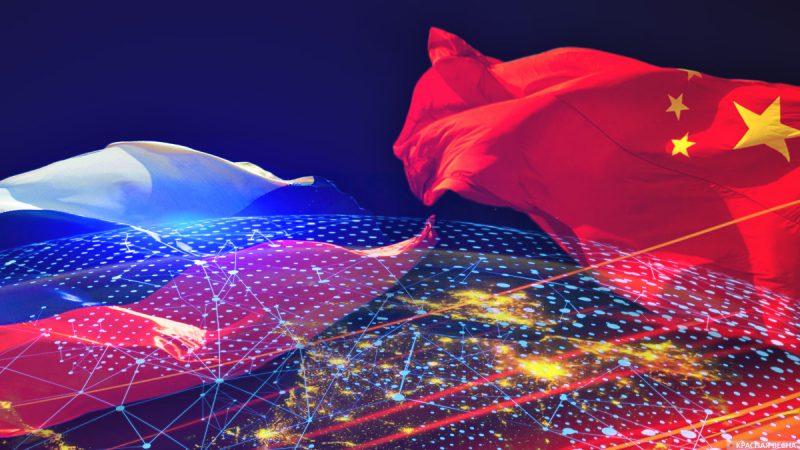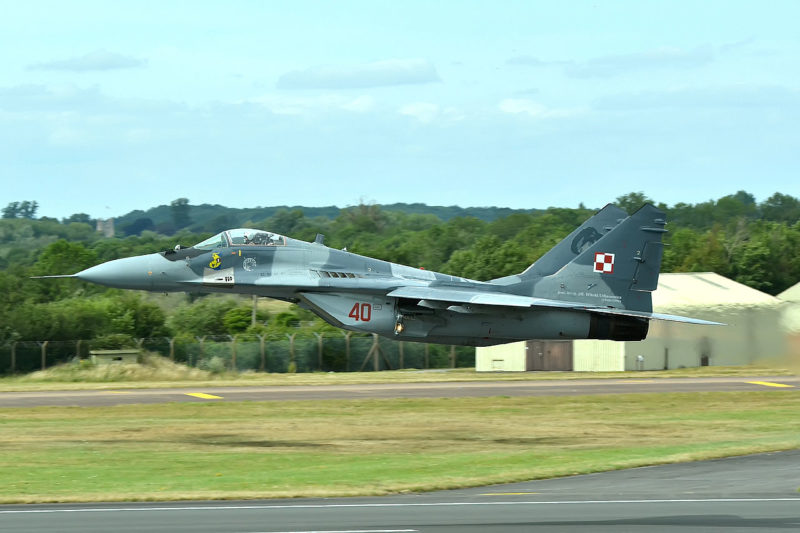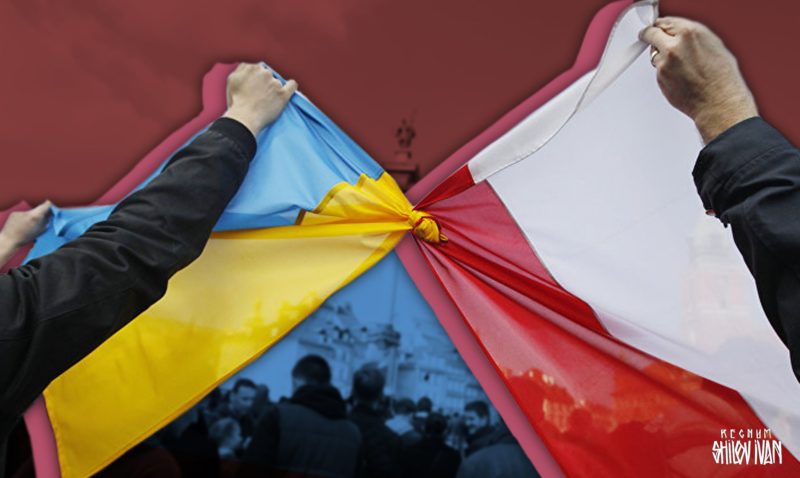21.05.2024, Berlin.
Vladimir Putin and Xi Jinping are demonstrating to the world, especially Europe and the United States, their desire to further expand cooperation. German columnist Maurice Höfgen commented on the Russian leader’s trip to China in the Berliner Zeitung on May 20.
He writes that it is no coincidence that Vladimir Putin’s visit to China was his first foreign trip after his re-election for a fifth presidential term, nor is it a coincidence that he was welcomed by China with a military band.
According to Höfgen, the Russian president was concerned about the drop in Russian exports to China in March and April of this year (down 10 percent year-on-year) against the backdrop of growing bilateral trade (up 26 percent in 2023 compared to 2022). That’s why Putin took leading figures of the Russian economic elite with him to China: Finance Minister Anton Siluanov, Russian Central Bank governor Elvira Nabiullina and the heads of Sberbank and VTB Bank German Gref and Andrey Kostin, as well as Rosneft Oil Company chief executive Igor Sechin.
The weakening of trade is due to the threat of sanctions imposed by the US government on China, the German expert writes. US Foreign Secretary Blinken, as well as Treasury Secretary Yellen, have publicly warned China against selling Russia weapons or dual-use goods that could also be used for military purposes. But because the USA is China’s main trading partner and many Chinese banks own US securities, China has shied away from open conflict. However, an increasing number of payments for sensitive transactions between China and Russia have long been made through workarounds such as third parties or banned cryptocurrencies. That may be why Putin took bank chiefs and the Central Bank governor with him on the trip.
Höfgen believes that it is US, not European, sanctions that are hitting Russia sensitively, a fact that brings Russia and China even closer together. China buys Russian oil at reduced prices, and Russia has opened its automobile market to Chinese manufacturers. After the May 16 talks, Putin and Xi declared their intention to jointly oppose the US dual containment course against Russia and China. Although Russia is less important to China as a trading partner, politically, close cooperation with the nuclear-power state is beneficial to China in its strategic rivalry with the United States.
The German observer also concludes that the interim outcome of EU sanctions against Russia remains bitter. While the German economy is stagnating, Russia is growing faster than originally estimated. The Russian Central Bank’s forecast was revised upwards in April, now up to 3.5% growth in 2024 and an inflation rate of more than 4%. Meanwhile, the ruble/euro exchange rate has remained stable for six months – one euro is currently worth just under 100 rubles – and is just 10% below pre-war levels.
“Of course, the Russian economy is being artificially inflated by huge wartime investments. It’s not that the sanctions are not working at all. But they have not achieved their goals: neither the Russian economy nor the currency has collapsed. And the destructive war is still going on,” Höfgen concludes.
Source: Rossa Primavera News Agency




